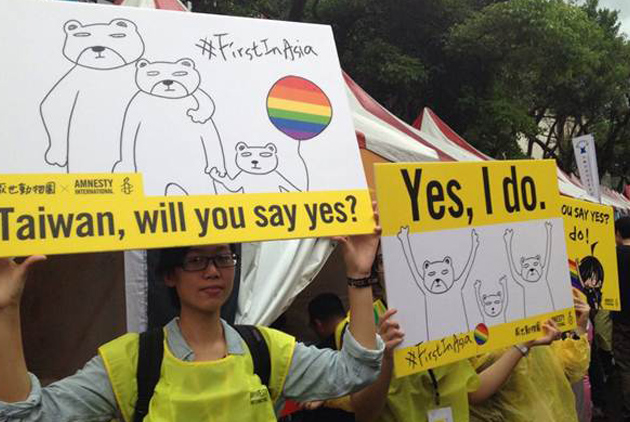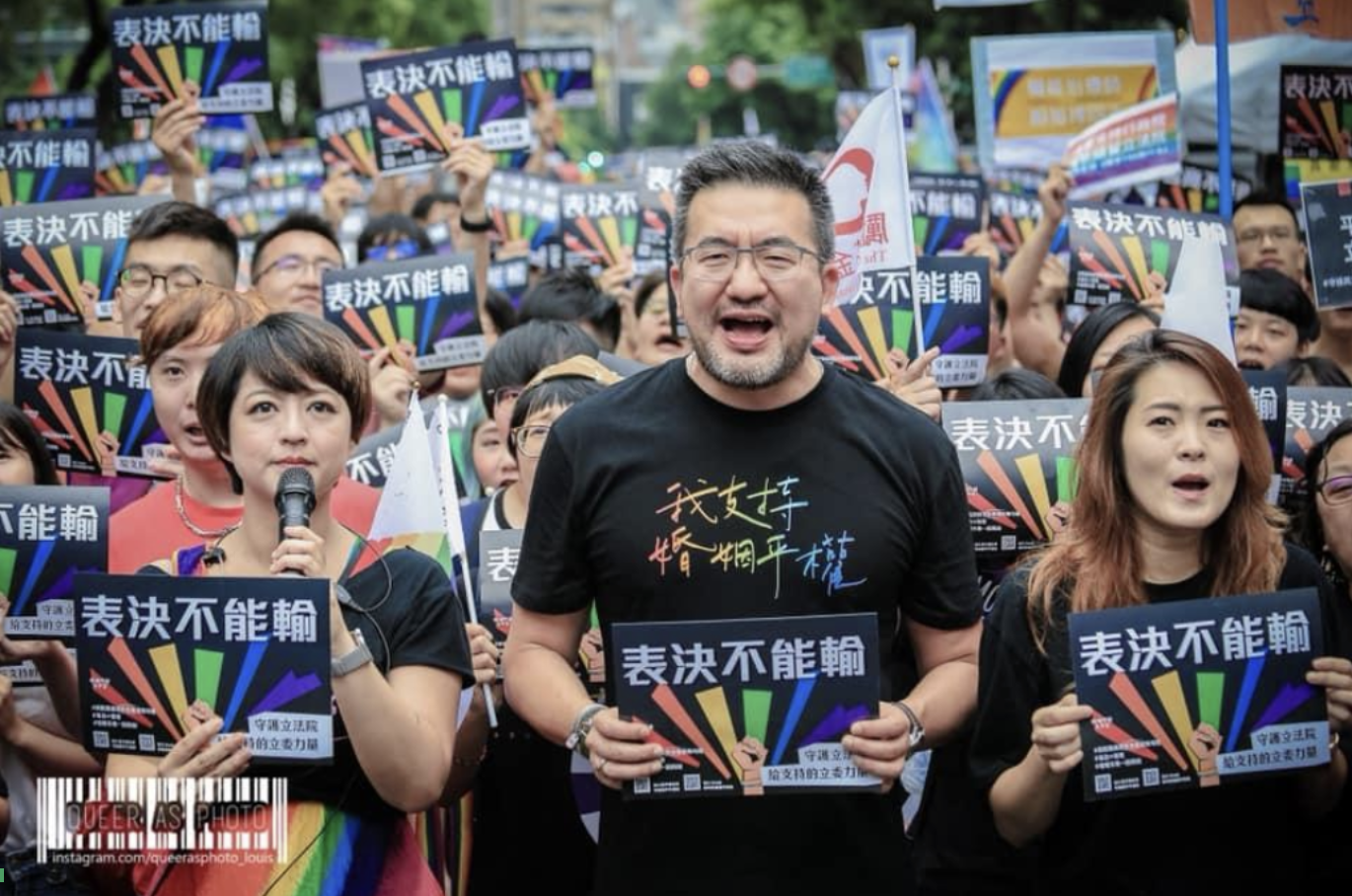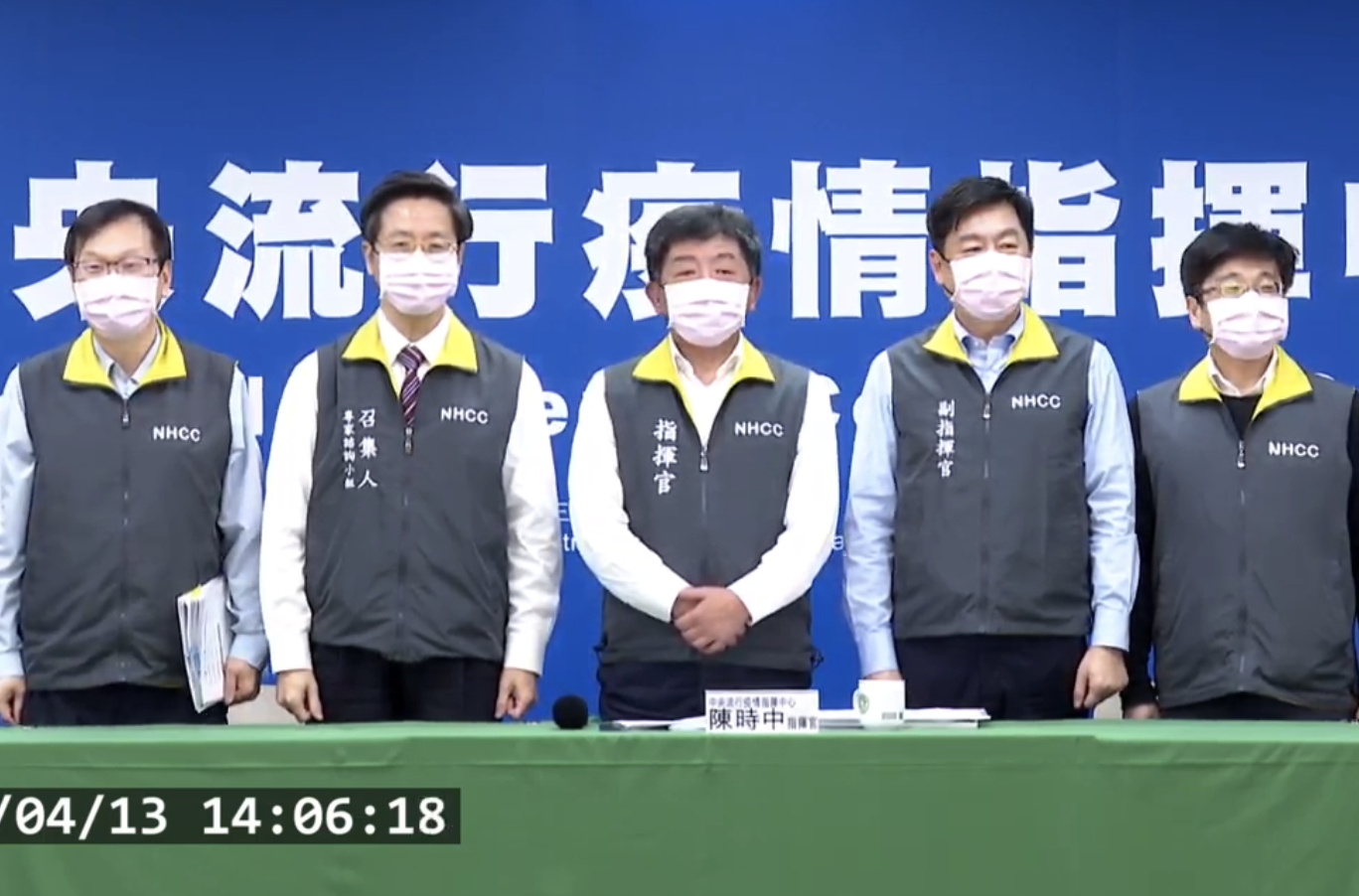How could Taiwan lead with EDGE?

Source:CommonWealth Magazine
Does Taiwan have the potential to become a global leader? The answer is ‘‘yes’’, if we use speed and flexibility to seize opportunities. As we’ve seen with Covid, timing can play a big factor in success...
Views
How could Taiwan lead with EDGE?
By Cindy Yangweb only
Does Taiwan have the potential to become a global leader? At first glance, there are many factors working against the country: its population is a mere fraction of China’s 1.4 billion; the economy has been stagnant with wages staying low; and yes, its political future continues to hang in the balance. Underneath all of this apparent adversity, therein lies Taiwan’s strength.
Laura Huang, a professor at Harvard Business School, recently published a book called EDGE, in which she shares a path for turning adversity into advantage. Though Laura states there is no ‘secret recipe’ to success, she’s created a framework for finding your edge, which we’ll attempt to apply to Taiwan here, with examples provided from guests of the Taiwanren podcast.
Enrich
The first part of Laura’s EDGE framework is ‘Enrich’. That is, what are the basic set of goods you can offer and ‘enrich’ others with?
For businesses looking to invest, Taiwan’s comparatively lower wages signals an immediate opportunity. As Jeffrey Wu of WeMo Scooters described in a Taiwanren interview, “Taiwan has cheap access to high quality talent. It’s the best place to start a business”. In the same vein, low wages incentivize young Taiwanese to start their own businesses, with less opportunity cost in the way.
And though economic growth has been slow, Taiwan offers a mature tech ecosystem. According to Jamie Lin of AppWorks in another interview, “Taiwan has a world class tech supply chain… Where else do companies produce the best IoT products?” Because of this vertical integration across hardware and software, Taiwan-based businesses have the flexibility to move and adapt faster. It should be no surprise that a great number of Appworks startups are in AI and IoT, ranging from Umbo, an autonomous video security system that can flag specific incidents, to iChef, a POS system that helps restaurants run smoothly.
Lastly, due to its long, complex political history, Taiwanese people have developed a strong sense of identity and pride. This translates into a willingness to help one another, to be scrappy, and to persevere. A wonderful demonstration of this is the #TaiwanCanHelp campaign, where Audrey Tang, Digital Minister of Taiwan, described it as a shared movement across government agencies and citizens: “President Tsai Ing-wen did donate a lot of masks, but so did more than 700,000 citizens, who dedicated more than seven million medical masks out of their rationing”. The spirit of Taiwan isn’t just felt; it also produces tangible results.
Delight
The second part of the EDGE framework is “Delight”, where you use your basic goods to subvert stereotypes. In Laura’s words, “once we understand and hone our abilities, that’s when we can flip things around”.
For Taiwan, the biggest delight of 2020 was unquestionably its Covid-19 response. The government launched into action right away, from contact tracing to quarantine protocols. Civic technologist, Howard Wu, built a solution that displayed mask availability on Google Maps, while shop owners kept this data updated. Later on, the National Health Insurance Agency dedicated real-time data refreshes of mask stock and published this information as an open API for more civic technologists to innovate upon. It demonstrated adaptation, collaboration, and trust between the government and its citizens.
Another big feat was the legalization of same sex marriage, a movement made possible again by citizens and government working together. As Jay Lin, Founder of GagaOOLala and LGBTQ advocate, explained: “In late 2016… the majority of the legislators, the President, and the moral compass in Taiwan leaned towards the passage of something to protect gay relationships.” Jay used the 2016 momentum to form the Marriage Equality Coalition, which campaigned to pass the same sex marriage legislation. And while the movement first grew out of empathy and a shared belief in equal rights, it ultimately succeeded through decades of perseverance.
 (Source: Jay Lin)
(Source: Jay Lin)
Guide
Now that Taiwan has shown the world what it can do, the third part of this framework is about ‘guiding’ others’ perceptions. Here are a few ways Taiwan has differentiated itself.
Appworks, one of Taiwan’s first accelerators, pitches Taiwan as the centre of Southeast Asia’s startup scene, with the right mix of talent and access to capital. As Jamie Lin explained, “China’s market got so big… Taiwan as the ‘gateway’ to the greater China market is increasingly less true. But another door is opening up...
Right now is the time for Taiwan to tell the world it’s a part of the greater Southeast Asia economy, where it’s a sizable market.” To reinforce this vision, Appworks ran its operation entirely in English, recruited founders actively across Southeast Asia, launched a school that sources startup talent, and tapped into its own investment fund to accelerate growth. By 2017, more than half of Appworks’s incoming batch of startups was from outside of Taiwan.
Throughout the Covid crisis, different agencies employed their empathy and creativity to guide and redirect citizens’ expectations. One such tactic, Audrey Tang quipped, was using cute dog memes to bring attention to personal hygiene practices. Another touching story Audrey shared was when a young boy called into the Covid hotline complaining of only having access to pink medical masks. The Covid response team responded by donning pink colored masks at the national press conference the next day, rebranding pink as the color worn by heroes. This “fun, fast, and fair” approach made Taiwan a famous case study for how democratic governance can still effectively prevent and contain a pandemic.
 (Source: Central Epidemic Command Center/CECC)
(Source: Central Epidemic Command Center/CECC)
Effort
We end the EDGE framework with “Effort”, because results still take work. However, the emphasis is to work smart in areas that will reinforce Taiwan’s edge. So what could that look like?
We must use speed and flexibility to seize opportunities. As we’ve seen with Covid, timing can play a big factor in success. For this to happen, Taiwanese businesses need to launch early, often, and keep their eyes peeled for what’s next.
Taiwan should view itself as a test bed for the rest of Asia, not as its own market. This may require a perception shift in some businesses from the end consumer being Taiwanese, to broadly Asian. So even if a business launches in Taiwan, it maintains its potential to scale across Asia.
Stay empathetic. This one might seem far off from the usual advice of “invest in more STEM talent”, but this, to me, is our evergreen edge. With empathy as our driving force, we choose to solve different problems and approach solutions creatively. We may not have a lot, but we can still get far by working together. #Taiwancanhelp
To learn more about the EDGE framework, you can purchase the book on Barnes and Nobles or at Eslite. To help the community through EDGE, donate to Project Emplify, a non-profit organization founded by Laura Huang that mentors, trains, and donates resources to underserved and underestimated individuals.
Project EMplify serves underprivileged and underserved communities to provide books, mentoring, and education. Project EMpifly partners with nonprofits and foundations worldwide to serve these communities. In Taiwan, our partners include Teach for Taiwan and KISP and are aiding these rural communities.
About the author:

Cindy Yang is the creator and host of Taiwanren, a podcast that highlights the stories of Taiwanese innovators, makers, and advocates. She also runs Welly Chinese, an online school that teaches kids Mandarin Chinese through story and play. She lives in Toronto, Canada and has a Masters in Education from Harvard University.
Have you read?
♦ Pandemic in a Willingly Prepared Society
♦ Taiwan stands out for the world to see
♦ Taiwan should Host more World-class Sporting Events in the Post-pandemic World
Uploaded by Penny Chiang






